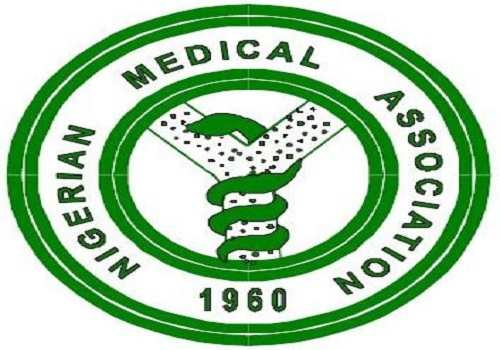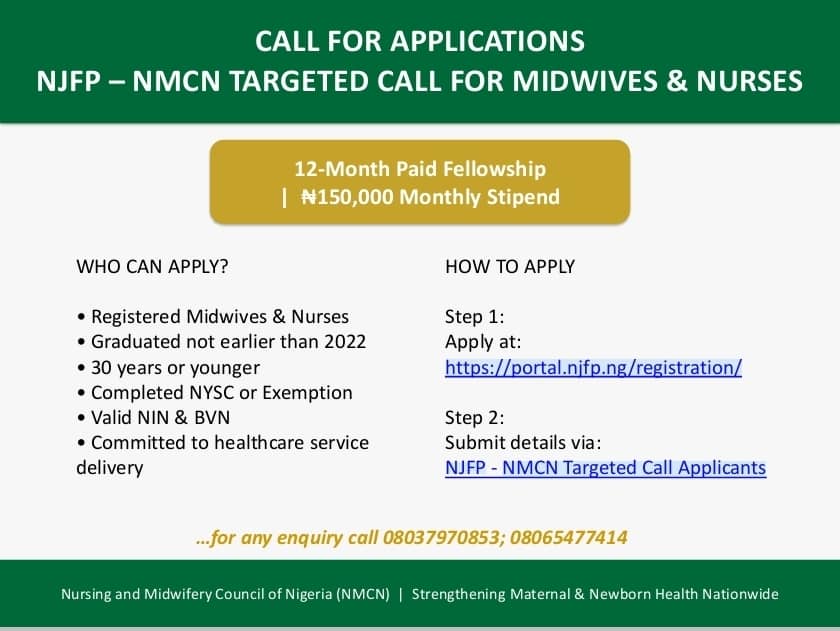As the World Health Organisation (WHO) predicts a shortage of 10 million health workers by 2030, mostly in low-income countries, the Medical Rehabilitation Therapists (Registration) Board of Nigeria has lamented the increasing brain drain in the health sector.
This is even as it advocated the adoption of a national policy on rehabilitation.
The regulatory body also called on federal and state Ministries of Education, National Assembly, Tertiary Education Trust Fund (TETFUND), and other relevant regulatory bodies to ensure the establishment and regulation of medical rehabilitation programs in institutions in the country through the provision of funds and other necessary mechanisms.
This was the outcome of its meeting on the implementation of the Rehabilitation 2030 Agenda.
The board is the regulatory body for medical rehabilitation professions in Nigeria.
In a communique signed by the Registrar/CEO, of the Medical Rehabilitation Therapists (Registration) Board of Nigeria, Prof. Rufai Yusuf Ahmad, he noted that the meeting also created an enabling ground for the collaboration of all stakeholders in achieving success in the implementation of the WHO Rehabilitation 2030 agenda, which advocates the development of a strong multi-disciplinary rehabilitation workforce and building of a comprehensive rehabilitation services model.
The Guardian reports that the rehabilitation workforce in Nigeria comprises health workers, like audiologists, clinical psychologists, occupational therapists, prosthetists, and orthotists.




